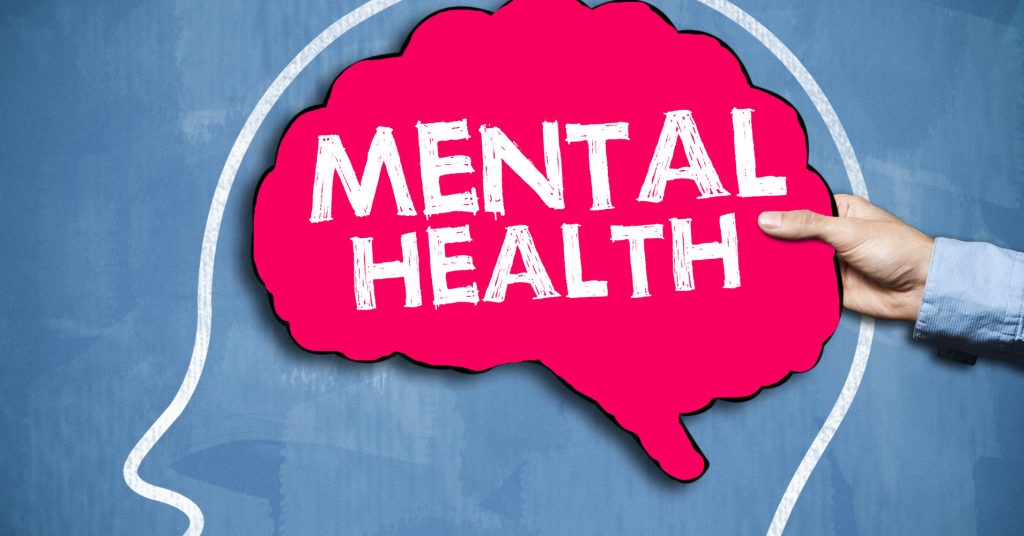How to Find the Right Help For Your Mental Health Concerns
Your mental health is just as important as your physical condition because it will affect how you think, feel, behave, respond to stress, interact with others, and make decisions. Unfortunately, having poor mental health or a mental illness is often not as apparent as having physical discomforts, so many cases can go undetected until it reaches an alarming state.
In the US, mental illness is one of the most common health conditions, with more than 50% of adults getting a diagnosis at some point in their lifetime – about 4% of which is likely to involve a severe case like depression, bipolar disorder, or schizophrenia. Aside from this, about 20% of children are also likely to be suffering from a debilitating psychological condition.
This highlights the need and urgency to seek professional help if you or anyone you know struggles with their mental health. However, knowing where to turn for help can sometimes be challenging, and you might feel overwhelmed by the number of options available. The good news is there are many ways to find quality mental health care, from talking with your doctor or therapist to asking friends and family members for recommendations.
When To Seek Help
The first thing you must understand is that seeking help for your mental health concerns is not a sign of weakness. In fact, it takes courage and strength to admit that you need support and to take active steps to improve your well-being.
However, it can be challenging to notice the signs when they happen to you, so it may be wise to ask someone you trust to observe you for some time and look for these behaviors. If you have no one you can trust, try to pay more attention to changes in your thoughts, feelings, or behaviors and seek help immediately if you notice any of the symptoms.
Some top signs of mental illness would be abrupt changes in emotions, sleeping patterns, mood, or behavior, as well as feeling sad or empty for a long time. Others have trouble getting out of bed, experience a loss of interest in the things they used to like, and have difficulty concentrating.
Aside from these, certain external factors can trigger or lead to mental illness, such as the death of a loved one, job loss, divorce, or even giving birth. These events can lead to feelings of isolation, hopelessness, anxiety, helplessness, or depression, as well as self-destructive behavior like substance abuse, suicide, or self-harm. Once these emotions, behaviors, or events start interfering with your relationships and how you normally live your life, it is time to seek professional help.
Steps To Finding The Right Help
It can be overwhelming to figure out where to go for help because there are many options available, but it is possible if you do your research and ask the right questions. Here are three quick steps that can lead you to the right help for your mental health concerns:
- Consider Different Options
Before making a decision, take a look at the different options that are available to you. First, you need to know which mental health professional would best be able to address your needs based on their specialization and expertise. You can choose from different types, like adult and child psychiatrists, psychologists, clinical social workers, family therapists, or licensed professional and mental health counselors.
From there, check out reviews about different treatment centers and take note of the ones whose feedback resonates with you. You can also ask your relatives, friends, or family doctor for recommendations or reach out to others who have been through a similar situation as yours and let them tell you where they went and what they liked or didn’t like about the place.
- Choose A Facility
Decide on what type of amenities you need in the treatment center, highlighting your non-negotiables so you can quickly determine which ones make the cut and which don’t. There is no specific rule for this because it all depends on your preferences and what would help you stick to the treatment for as long as necessary.
Some people may want privacy and thus look for a facility offering solo rooms, while others prefer to stay in groups. If you want to feel a little cozy and move away from a traditional hospital setting, go for a luxury treatment center that is thoughtfully designed with your safety and comfort in mind. This will help you get a more personalized treatment while letting you enjoy peace and quiet as you go through your journey toward recovery.
- Ask Questions
Once you have shortlisted a facility, ask them about their specialization, philosophy, treatment methods, and approach to working with patients. Check out the qualifications of their staff, such as certifications or special licenses, and previous experiences of working with similar cases as yours.
Your provider must be able to gain your trust and confidence that they can do the job well while making you feel comfortable leaving yourself under their care. This is crucial to the success of your treatment, so don’t hesitate to ask questions or turn away and look for someone else if you are not fully satisfied with the answers that you are getting.




